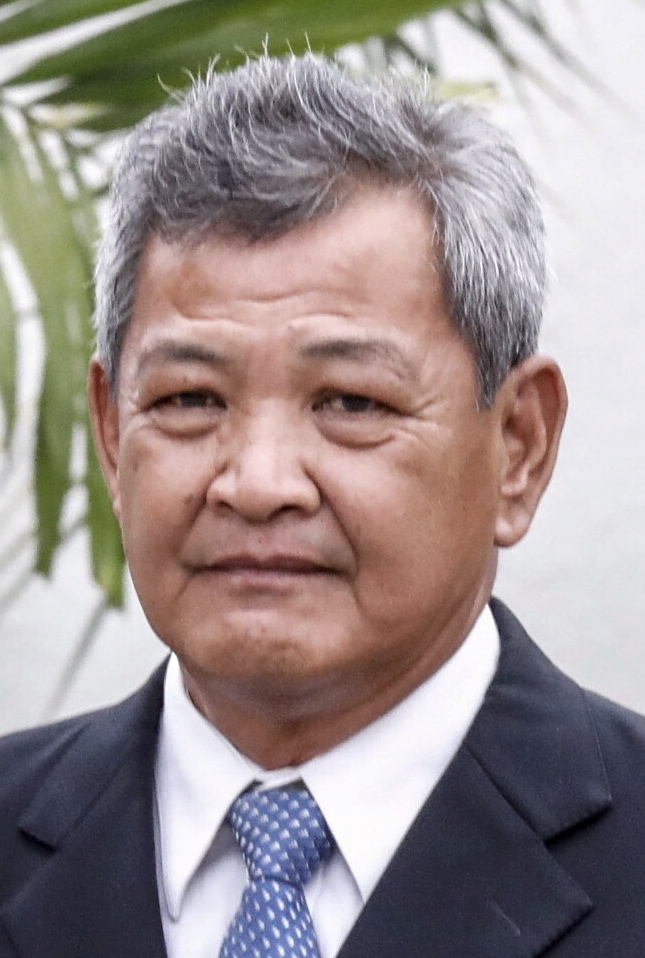KUALA LUMPUR: Police personnel who serve with integrity and honour will receive their due rewards under Datuk Seri Abdul Hamid Bador’s watch.
The newly-appointed Inspector-General of Police stressed that he would not tolerate wrongdoings, especially corruption. “One must realise that a thousand bad cops do not represent a hundred thousand good ones out there,“ he told theSun.
“These fine police personnel have long been marginalised and I assure them that under my watch, only the good ones will be counted. But first, I must set a good example,“ he added.
Abdul Hamid, who assumed the top job in the force on the retirement of Tan Sri Mohamad Fuzi Harun on Saturday, said he always had the welfare and well-being of his personnel in mind and it was his duty as head of the police force to ensure that they were fairly treated.
On the forming of the Independent Police Complaints and Misconduct Commission (IPCMC), he said it was a golden opportunity for the police force to cleanse and redeem itself from any negative perception by the public.
Expressing his support for IPCMC, he said the government’s noble intentions should not be misconstrued as a punishment.
“The setting up of the IPCMC will benefit the police force and it should be seen as a step in restoring the positive image of the police force back to its glory days. The police should be viewed as protectors of all citizens and not as big bullies. I am in full support of the IPCMC,“ he reiterated.
Abdul Hamid said there were a few areas in the setting up of the IPCMC that remained vague but he believed those would be ironed out at a meeting between two police associations and the Governance, Integrity and Anti-Corruption Centre (GIACC) on Friday (May 10) as ordered by Home Minister Tan Sri Muhyiddin Yassin.
“The meeting will clear up the last remaining doubts and obstacles in the establishing of the IPCMC. They were just misunderstanding and baseless fears. I am very optimistic that common sense and goodwill will prevail at the meeting. It is crucial for the IPCMC to fulfil both the wishes of the people and the police force. At the end of the day, the police force will regain the respect of the people. It will be a win-win situation for both sides,“ he said.
Mohamad Fuzi expressed his objection to the forming of the IPCMC in his farewell speech last Friday.
He said that 280,000 serving and retired police personnel were also unanimously opposed to the plan.
During a meeting among nine police associations made up of retired officers and rank-and-file personnel last week, members were in the opinion that it was sufficient that the police force was governed by the Police Act and Police Commission of Malaysia and monitored by other regulatory and monitoring agencies.
The objections are over clauses in the IPCMC described as discriminatory towards police personnel and those allowing the authority to supercede the powers of the IGP.
Another clause that they said was against natural justice was that any sentence or punishment by the IPCMC was final and could not be challenged or appealed including in the court of law.
They felt that having an independent non-police panel would have a negative impact on personnel, especially if it was to be given absolute powers over a regimented agency such as the police force.
Meanwhile, Transparency-International Malaysia former president and criminologist Datuk Seri Akhbar Satar, who was in favour of the IPCMC, said the panel members of the commission should be those who were proficient in policing matters in order to mete out a fair and just outcome in any hearing.
“The panel members should be those familiar with the work and role of the police force such as investigations and other policing matters. Only then will the IPCMC be seen and accepted as fair and credible. A panel member should not be out to bash the police but to offer solutions instead,“ he told theSun.
He said that although Abdul Hamid had a challenging task ahead, he should aggressively rid the force of the bad apples who abuse their powers and tarnish the image of the police.
“The police must confront the reality that it has personnel who are ‘poisoning the well’ and need to be weeded out. The actions of these bad apples also taint the reputation of police personnel who are dedicated, hardworking and conscientious in serving the public,“ he said.













